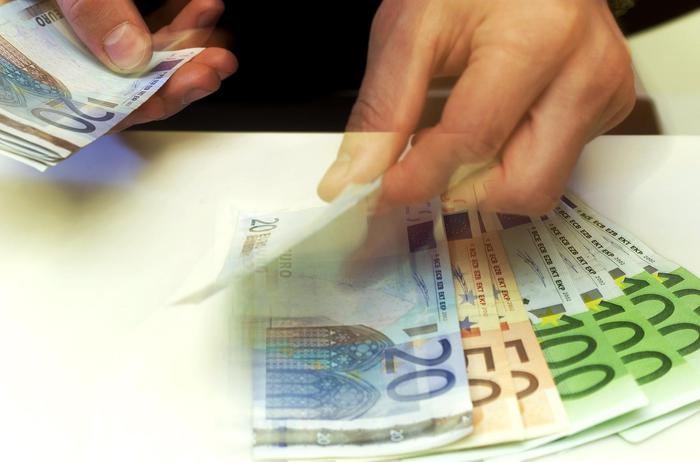The EU Commission has lowered its expectations for economic growth in the eurozone again. The reason for this is the gloomy outlook for the global economy.
The gross domestic product (GDP) of the 19 countries of the monetary union is expected to grow by only 1.2 percent in 2020, according to the autumn forecast of the Brussels authority. So far she had assumed 1.4 percent. For the current year, it expects growth of 1.1 percent. In the summer she had predicted 1.2 percent.
The export-strong German economy suffers particularly from trade conflicts, geopolitical tensions and the continuing weakness of the manufacturing industry. Nevertheless, Germany could rely on robust domestic demand and rising wages.
Longer phase with subdued growth expected
German GDP is therefore likely to rise by only one percent in 2020. Previously, the commission had assumed a plus of 1.4 percent. According to this, only a plus of 0.4 percent is expected in the current year. Previously, the commission had estimated 0.5 percent.
The European economy could face a longer period of subdued growth and low inflation, it said. The ongoing conflict between the US and China is slowing down investment, industry and international trade.
"So far, the European economy has proved robust despite unfavorable global economic conditions," said EU Finance Commissioner Valdis Dombrovskis.
Strong domestic demand
The Commission emphasized that the economy is expected to grow for the seventh consecutive year, in all 19 euro area countries. The situation on the job market should also be evaluated positively.
Domestic demand remains strong. "But more difficult times could now set in, that is, a period characterized by major trade-related insecurity, increasing geopolitical tensions, persistent weakness in the manufacturing sector, and Brexit."
For Italy, Brussels has very poor growth prospects. For 2020 it is assumed that 0.4 percent instead of previously predicted 0.7 percent growth. The national debt will reach 136.8 percent of economic output, a new record level and 2021 further increase to 137.4 percent.
Commission Vice Dombrovskis urged all heavily indebted EU countries to "steadily reduce debt levels".













